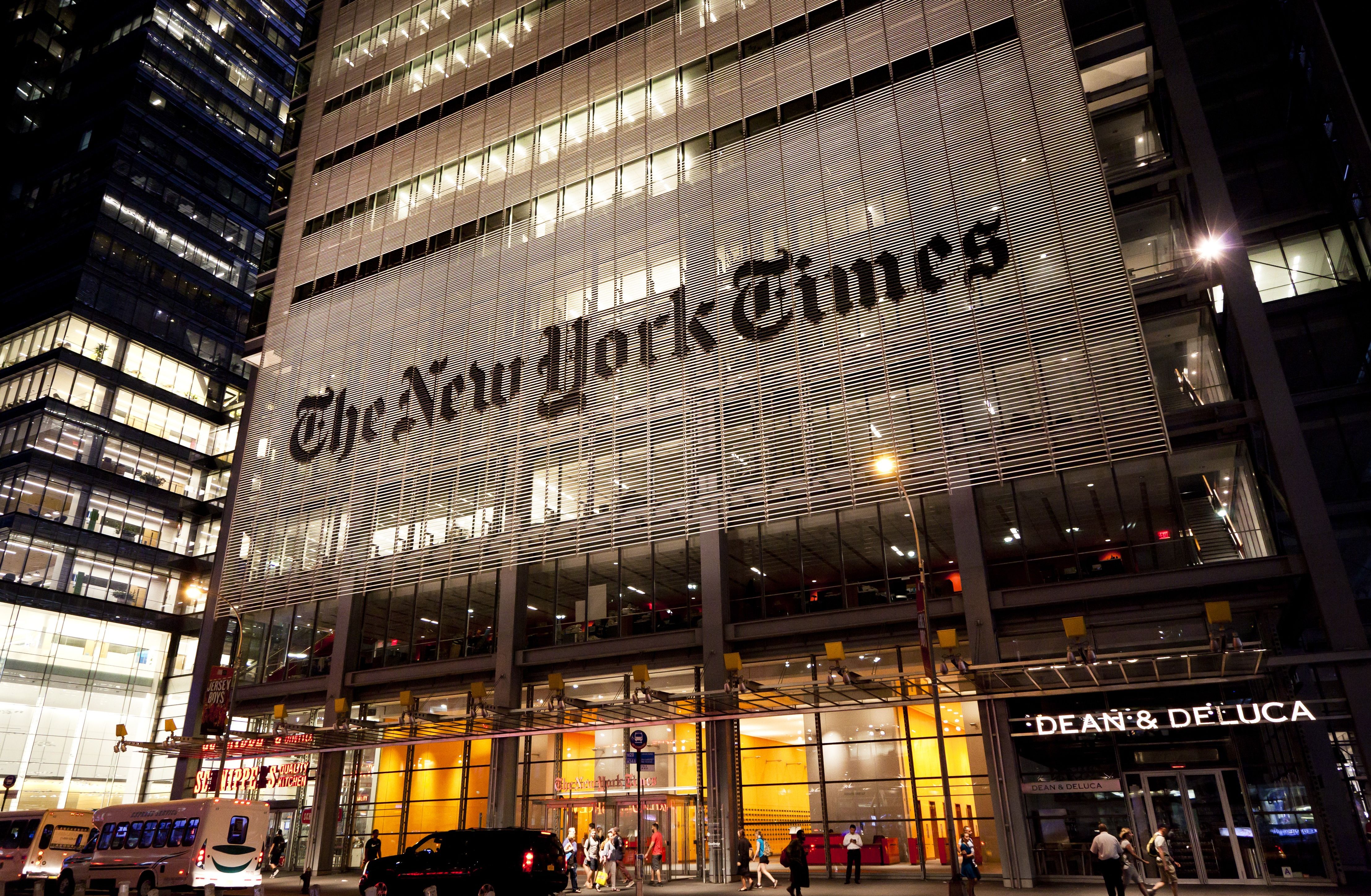News media, pundits and, indeed, Responsible Statecraft itself, may give the impression that opaque funding and refusal to disclose potential conflicts of interest are pervasive in Washington’s policy circles. But that’s not always the case.
On Wednesday, the New York Times highlighted the funding of a source quoted in an article about new allegations made by the Justice Department against Sen. Robert Menendez (D-N.J.), taking the unusual step of weaving the funding disclosure into the article as an example of how Washington’s think tanks are awash in foreign cash.
The Times reported that “prosecutors accused Mr. Menendez of using his influence and connections — a byproduct of his powerful position as the chairman of the Senate Foreign Relations Committee — to help a New Jersey developer get financial backing from an investment fund run by a Qatari royal family member in exchange for lucrative bribes,” and interviewed Hussein Ibish, a widely respected expert on Middle East politics.
Times journalists Vivian Nereim and Tariq Panja, wrote:
"Gulf countries like Qatar view cultivating relationships with politicians like Mr. Menendez as a sort of 'cynical statecraft,' said Hussein Ibish, a senior resident scholar at the Arab Gulf States Institute in Washington. Like many Washington think tanks, his research organization has received funding from Saudi Arabia and the United Arab Emirates — a sign of the depth of Gulf influence in the United States."
Both Ibish and his employer as well as the Times deserve credit for this disclosure.
First, Arab Gulf States Institute discloses its corporate sponsors and, at its inception in 2015, disclosed that it was primarily funded from Saudi and UAE donors.
Second, the Times decided that the funding of their source was an important piece of context to pass along to readers. Indeed, they even took it as an opportunity to highlight the widespread role of foreign governments in funding DC policy shops.
Last year, Responsible Statecraft highlighted the Times’ refusal to alert readers to the Arab Gulf States institute’s funding sources when publishing an op-ed by Ibish and in 2020, when Ibish was quoted as a critic of a new initiative — Democracy in the Arab World Now — to promote human rights and democracy in the Arab world.
The Times’ decision to highlight these facts this week falls closely in line with guidance given by Margaret Sullivan, the Times’ public editor from 2012 to 2016.
“These days, with lobbyists coming under more public criticism, some like to use a ‘surrogate’ — like a supposedly neutral person from a think tank — to promote an idea that they can then email-blast out or have their client endorse in a press release,” wrote Sullivan in 2014. “The Times can’t let itself be used in that way.”
“For its readers to evaluate ideas, they need to know where they’re coming from — and who might be paying for them,” she added.
Nereim and Panja appear to be heeding Sullivan’s advice.
















